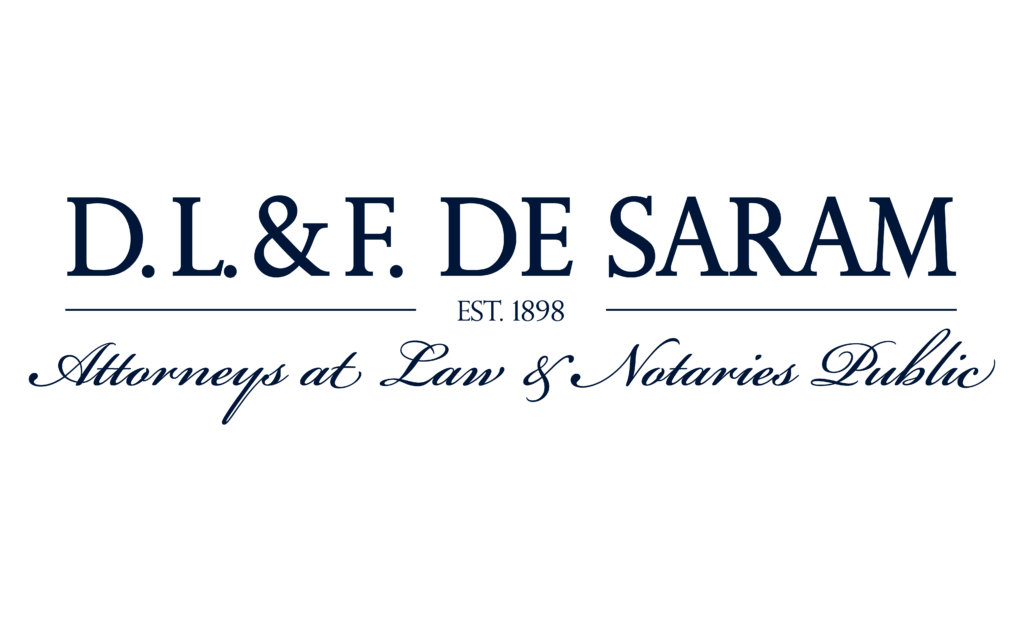Sri Lanka’s aviation legal framework plays a vital role in ensuring the safety, efficiency, and regulatory integrity of the nation’s airspace. Grounded in both international conventions and domestic legislation, it supports the structured development and oversight of civil aviation operations.
The key legislative instruments governing civil aviation in Sri Lanka are:
- Civil Aviation Authority of Sri Lanka Act, No. 34 of 2002
- Civil Aviation Act, No. 14 of 2010 (as amended)
- Carriage by Air Act No. 29 of 2018 (as amended)
A. Civil Aviation Authority of Sri Lanka Act (the “CAAS Act”)
The Civil Aviation Authority of Sri Lanka (the “Authority”) is established under the CAAS Act.
The principal function of the Authority is to regulate civil air operations within the territory of Sri Lanka and the oversight of all aircraft registered in Sri Lanka, regardless of where they operate.
The Authority is responsible for enforcing the statutory obligations placed on all stakeholders within the aviation industry. Acting as the national regulator, the Authority ensures that these legal requirements are properly implemented and adhered to by overseeing compliance, issuing air operator certificates, developing flight safety standards, and taking enforcement action when necessary.
Through its regulatory functions, the Authority provides effective governance, airline compliance and maintains the integrity of civil aviation operations in Sri Lanka.
B. Civil Aviation Act (the “CA” Act)
The CA Act incorporates the articles of the Convention on International Civil Aviation of 1944 (the Chicago Convention) and has application to all activities relating to civil aviation within the territory of Sri Lanka, including;
- aircrafts registered in Sri Lanka and abroad;
- all licensed aviation personnel whether operating within or outside Sri Lanka;
- aeronautical services (which includes development, operation and maintenance of aerodromes) provided within Sri Lanka.
- the regulation, administration and safety oversight of civil aviation in Sri Lanka.
Under the CA Act, an aircraft is not permitted to fly in or over the territory of Sri Lanka, unless it’s registered in Sri Lanka, registered in a country which is party to the Chicago Convention or registered in a country with which the Sri Lankan Government has an agreement allowing for mutual recognition of aircraft registration and operational rights.
In terms of eligibility for registration of an aircraft, an aircraft which is not currently registered in any other country may be registered in Sri Lanka if, inter alia;
- the aircraft is owned by a citizen of Sri Lanka or a body incorporated in Sri Lanka with its principal place of business in Sri Lanka; or
- the aircraft is leased, it is exclusively operated by an operator having its principal place of business in Sri Lanka and has a current and appropriate air operator certificate issued by the Authority.
C. Carriage by Air Act
The primary purpose of the Carriage by Air Act is to give effect to the Convention for the Unification of Certain Rules for International Carriage by Air of 1999 (referred to as the “Montreal Convention”)
The Montreal Convention is set out in the schedule to this Act and in terms thereof, will have the force of law in Sri Lanka.
The provision contained in this Act applies specifically to the rights and liabilities of carriers, passengers, consignees, and other people, in relation to any carriage by air to which the Montreal Convention applies, regardless of the nationality of the aircraft performing that carriage.
Pursuant to this Act, claims for compensation against an air carrier, whether arising from contractual obligations, alleged negligence, or any other legal basis, are permissible only to the extent expressly provided for by the Montreal Convention and within the liability limits established therein.
This restriction applies regardless of any conflicting provision in any other law, ensuring that the Montreal Convention remains the exclusive basis for such claims within Sri Lanka’s legal framework.
This legal framework, taken together, provides a comprehensive legal foundation for civil aviation in Sri Lanka. By aligning domestic laws with international obligations, it ensures regulatory consistency, enhance aviation safety and security, and facilitate efficient air transport operations

For further information, please contact:
Aloka Nandasena, Partner, D. L. & F. De Saram
aloka@desaram.com





